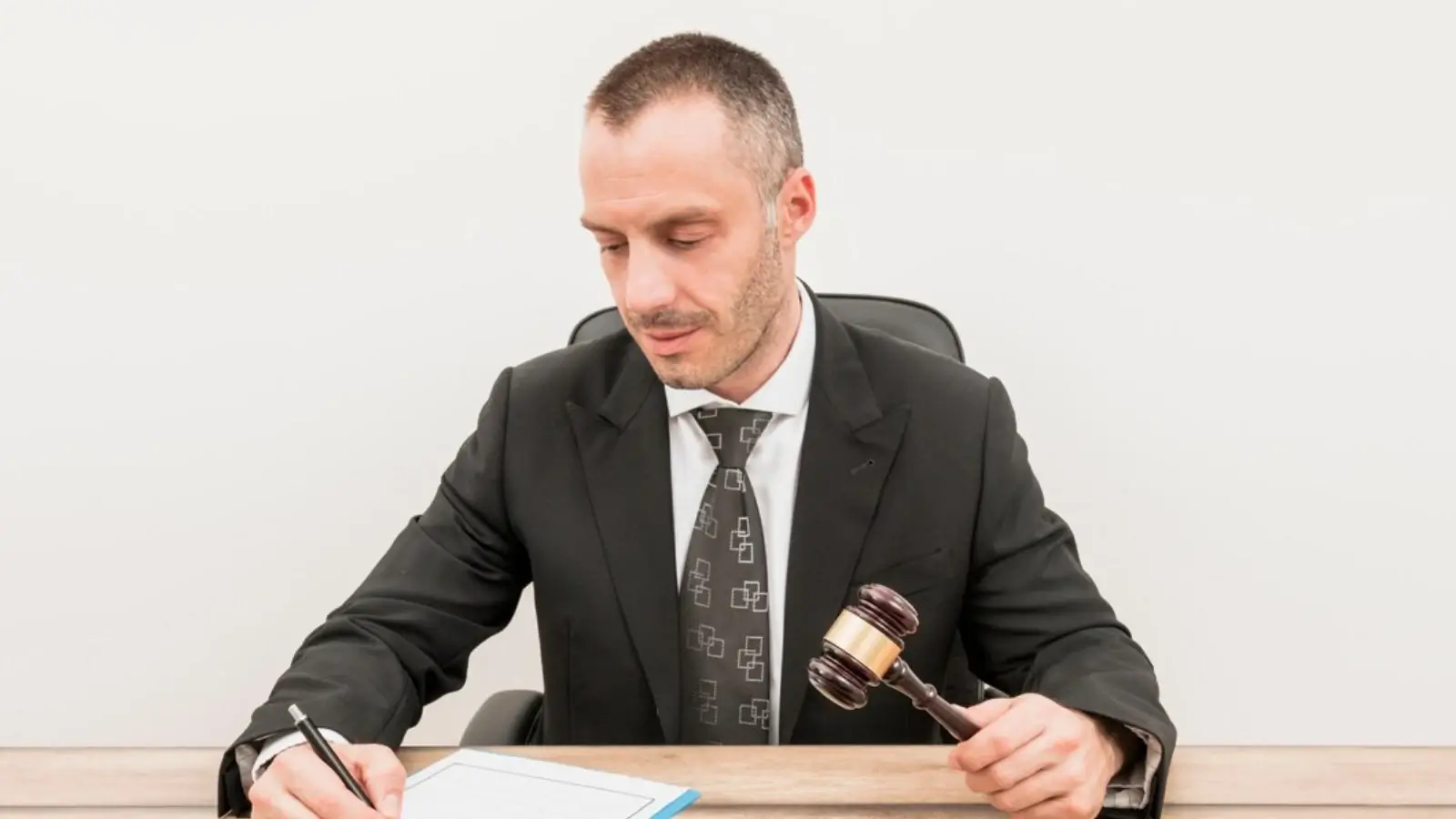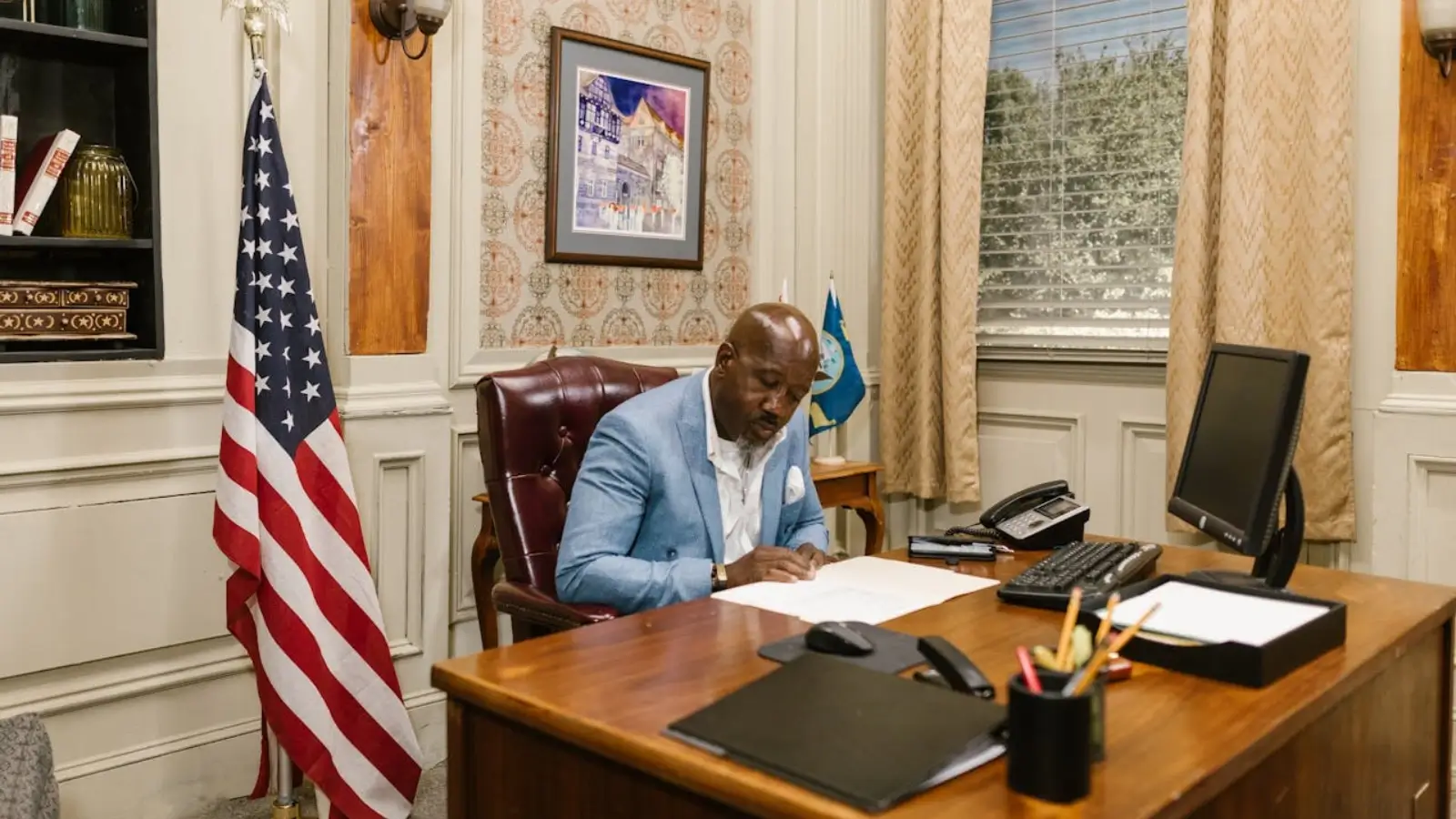Your case becomes stronger when a neutral observer testifies about your claims. It can positively affect the outcome of your personal injury case. Witness testimonies shed light on events.
"Judges and juries rely on witness statements to clarify issues in personal injury cases. They are crucial in establishing the facts of an incident. Their submissions help shape judges' and juries' decisions under tough circumstances," says personal injury attorney of the.
This piece discusses how witness statements can influence the outcome of a personal injury matter:
Types of Witnesses in Personal Injury Matters
Witnesses differ, and their testimonies in a personal injury case are strategically different. Thus, knowing how each imparts your case or how you can use them to your advantage is essential.
The three major types of witnesses are:
Eyewitnesses
The incident happened in the presence of these individuals. In other words, they saw how everything played out on the scene.
Judges and juries value their accounts because they see how everything transpires. Most of the time, they have a better narration than even the plaintiffs and defendants. In other words, they saw things that even the participants in the event did not see. For instance, an eyewitness can reliably count the number of times your car somersaulted.
Eyewitnesses offer detailed, direct, and immediate accounts of the event. They can provide the missing details of every case. When you have them by your side, they can be game-changers.
Character Witnesses
A character witness testifies about the behavior and character of a plaintiff or defendant in a personal injury case. While a character witness may know next to nothing about an incident, their testimony about you can influence how a jury or judge will perceive you.
A character witness gives an insight into who you are. For instance, if a character witness testifies against a defendant that they have always known them to be negligent and carefree, it will damage how the jury will perceive the defendant. Such a statement points to the fact that the defendant is likely to commit the offense you accuse them of.
You can also get a character witness who can testify about how easy-going you are. They can explain your personality to the judge to help them perceive you well.
Expert Witnesses
Expert witnesses are professionals who contribute their expertise to a case. Typical expert witnesses include accident reconstructionists and medical professionals. You hire them to help clarify gray areas.
For instance, in a medical malpractice case, a physician can testify that the defendant acted negligently under specific conditions. That is, they could have acted more carefully and prevented your injuries under the given context.
When an expert testifies in your case, they help the authorities properly understand its circumstances. That is why reputable law firms go the extra mile to engage these experts in their evidence.
Why Your Witnesses Must Be Credible
The rule of thumb is that once your witness is not credible, their testimony will not make any difference in your case. Thus, before contacting anyone to be your witness, you must ensure they are credible and can contribute positively to your story.
How, then, do you ensure the credibility of your witness? The source determines the output; ensure your witness is objective and fair. They must not have an interest in the matter.
Further, the individual should behave well. Being flippant will portray them as unserious, which can mar your case. If you do not trust the witness's ability to be well-behaved, you shouldn't involve them.
In addition, they must be trustworthy. If the authorities have reasons to doubt your witness, they will not value whatever they say. Thus, avoid liars and inconsistent fellows.
There must be an alignment or consonance between your witness statement and your submission. The judge will regard you as being deceitful and manipulative if they observe any inconsistency.
You should also work on your witnesses' composure so they appear confident. Ultimately, they should tick all the boxes to help them deliver maximally according to the script.
Preparing Your Witness for Testimony
Prepare your witnesses well by letting them understand how you want them to come in. Share your strategies with them and the role you expect them to play for you to achieve your desired outcome. You should also organize mock sessions with them for them to have a make-believe of the actual trial.
Identify their low points and attend to them adequately. Emphasize the points they should focus on, keeping their eyes on the ball. Do not forget to enhance their communication skills because that is the tool of delivery.
When the opposing counsel questions them, tell them to stay on track. They should not avoid delving into topics that can serve as loopholes for the opposing counsel. That is why you should rehearse multiple times before the trial.
How Witness Statements Can Influence Settlement Negotiations
If you have a very solid witness testimony, it can swing a case in your favor. For instance, a defendant who is aware of your incriminating testimony will probably appeal for an out-of-court discussion because if they should continue with the litigation, they may bite their finger.
You will then take advantage of your potent witness statement to negotiate well. Tell them that if they are unwilling to accept your terms, the case will proceed to trial. This will instigate them to compromise and consider your proposal because they want to dodge the jury's sledgehammer.
An out-of-court settlement is quick and cost-saving. It saves you from the back and forth of trial, which can be draining. Moreover, you cannot predict your fate during the trial.
Final Words
“Witness testimonies strengthen personal injury claims”, says Brandon Kinard of KGS Law PLLC. They make a case potent and can serve as the swing factor for juries or judges. The most effective way to strengthen your claim is to present a credible witness who supports your account.
If you do not know how to effectively use witness statements, speak with a local personal injury attorney. They will help you understand how to make your witness testimonies potent and results-driven.

















